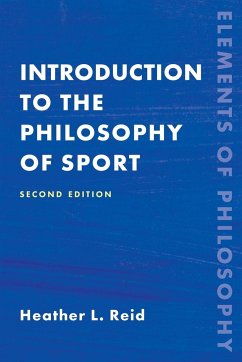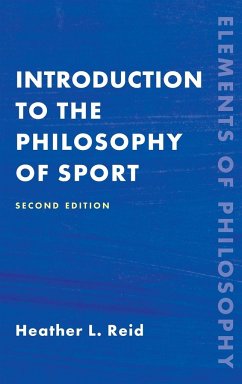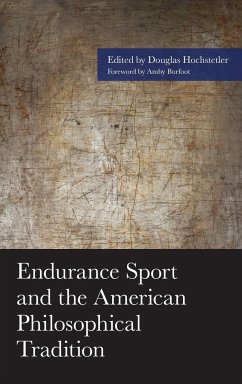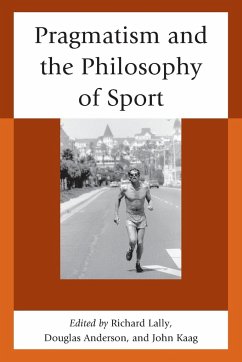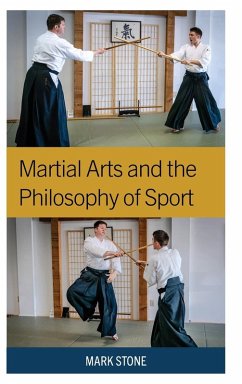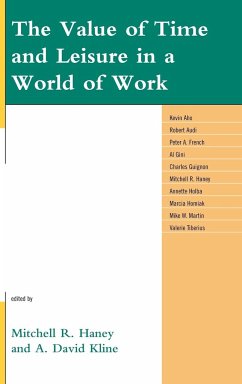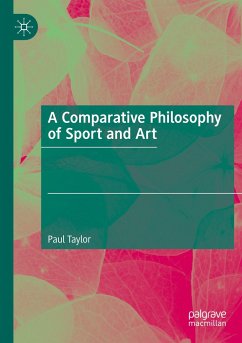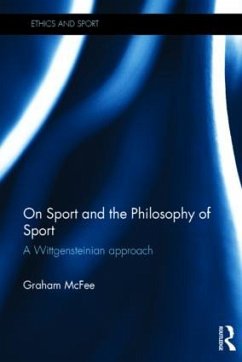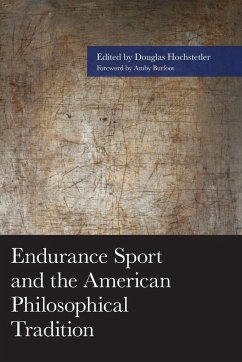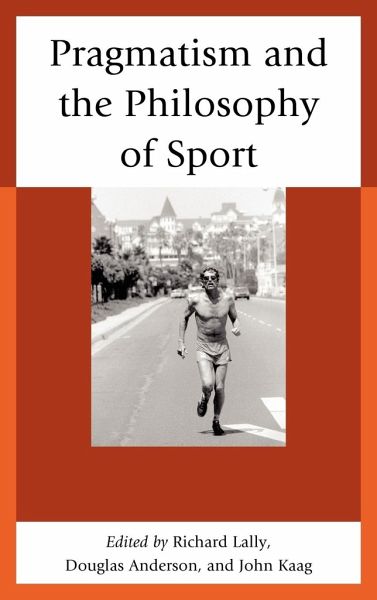
Pragmatism and the Philosophy of Sport

PAYBACK Punkte
57 °P sammeln!
Pragmatism and the Philosophy of Sport explores the philosophical significance of sport - the phenomenological experience, the training, coaching, and the competition - from a uniquely pragmatic angle of vision. The philosophical insights of John Dewey, William James, C.S. Peirce, Jane Addams, and Josiah Royce shed new light on the meaning of the physical practices that take place on our soccer fields, national arenas, backyards, and playgrounds. Interestingly, a close examination of these contemporary practices allows us to understand a wide array of ethical, epistemological and metaphysical commitments that the American pragmatic tradition has articulated for more than a century. Pragmatism's insistence that truth be embodied in the practical consequences of everyday life, its balancing of communal and individual purposes, its emphasis on the role of chance and spontaneity in experience - resonate with the findings of modern kinesiology and sport science.
The contributors to Pragmatism and the Philosophy of Sport argue that American pragmatism is particularly well suited analyze the experience and development of sport activities. This volume will be a valuable resource in any philosophy of sport class (undergraduate or graduate) or in a course on pragmatism; it will also be appropriate for kinesiology students. It will give readers a good sense of the themes in the American philosophical tradition as well as those in the burgeoning field of the philosophy of sport.





